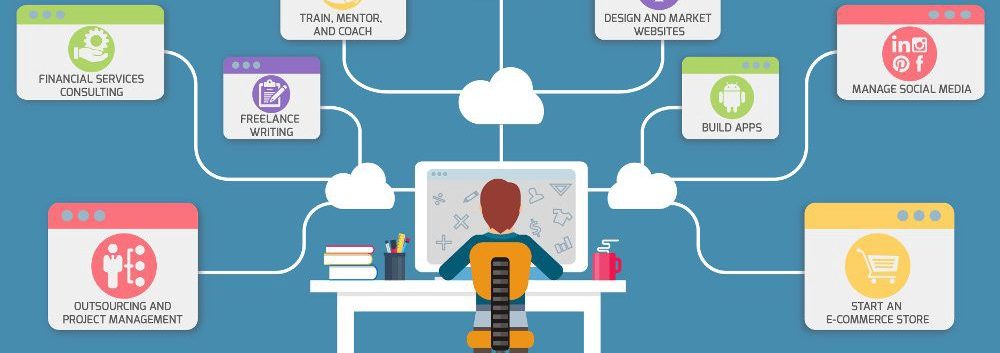Pharmacists play a crucial role in healthcare systems worldwide, and Indonesia is no exception. As members of the healthcare team, pharmacists in Indonesia are responsible for ensuring the safe and effective use of medications, providing patient counseling, and contributing to public health initiatives. The pharmacy profession in Indonesia is represented by the Persatuan Ahli Farmasi Indonesia (PAFI), which supports pharmacists through education, advocacy, and professional development. Visit pafikalianda.org.
The Structure of the Indonesian Pharmacy System
Indonesia’s healthcare system is a complex network of public and private entities. Pharmacists work in various settings, including hospitals, community pharmacies, academic institutions, and the pharmaceutical industry. The Ministry of Health (Kementerian Kesehatan) regulates the pharmacy profession, ensuring that pharmacists adhere to strict standards of practice and ethics.
- Community Pharmacies: Community pharmacists are often the first point of contact for patients seeking medication and health advice. They dispense prescriptions, provide over-the-counter medications, and offer counseling on the proper use of drugs. Community pharmacists also play a vital role in public health campaigns, such as immunization drives and smoking cessation programs.
- Hospital Pharmacies: In hospitals, pharmacists collaborate with doctors and nurses to manage patients’ medication therapies. They ensure that medications are used safely and effectively, monitor for adverse drug reactions, and provide education to both healthcare professionals and patients.
- Industrial Pharmacy: Pharmacists in the pharmaceutical industry are involved in the research, development, and manufacturing of medications. They work to ensure that drugs are safe, effective, and of high quality. Regulatory pharmacists also play a critical role in ensuring that medications meet the stringent requirements set by national and international regulatory bodies.
- Academic and Research Institutions: Academic pharmacists teach and train the next generation of pharmacists. They are also involved in research that contributes to the advancement of pharmaceutical sciences and the improvement of public health outcomes.
Persatuan Ahli Farmasi Indonesia (PAFI)
PAFI, the Indonesian Pharmacists Association, is the professional organization representing pharmacists across the country. Established in 1963, PAFI works to enhance the professional development of its members, advocate for the pharmacy profession, and improve healthcare delivery in Indonesia.
- Professional Development: PAFI offers a range of continuing education programs, workshops, and seminars to help pharmacists stay updated with the latest advancements in the field. These programs cover topics such as clinical pharmacy, pharmaceutical care, and new drug therapies.
- Advocacy: PAFI advocates for the interests of pharmacists at both the national and international levels. It works closely with the Ministry of Health and other healthcare organizations to influence healthcare policy and ensure that the role of pharmacists is recognized and valued.
- Public Health Initiatives: PAFI is actively involved in public health initiatives aimed at improving the health and well-being of the Indonesian population. These initiatives include campaigns on disease prevention, health promotion, and medication safety.
Challenges Facing Indonesian Pharmacists
Despite their important role, pharmacists in Indonesia face several challenges that impact their ability to provide optimal care.
- Regulatory and Practice Environment: The regulatory environment for pharmacists in Indonesia is complex, with multiple agencies involved in the oversight of pharmacy practice. Navigating these regulations can be challenging, particularly for community pharmacists.
- Access to Continuing Education: While PAFI provides many opportunities for professional development, access to continuing education can be limited, especially for pharmacists in rural areas. This can hinder their ability to stay current with the latest advancements in pharmacy practice.
- Workforce Distribution: There is an uneven distribution of pharmacists across the country, with a higher concentration in urban areas. This disparity means that rural populations may have limited access to pharmaceutical care and services.
- Public Perception: The role of pharmacists is not always well understood by the public. Many people view pharmacists primarily as dispensers of medication rather than as integral members of the healthcare team who can provide valuable health advice and services.
The Future of Pharmacy in Indonesia
The future of pharmacy in Indonesia holds promise as the profession continues to evolve and adapt to the changing healthcare landscape. Several key trends and developments are likely to shape the future of pharmacy practice in the country.
- Expanded Roles for Pharmacists: There is a growing recognition of the value that pharmacists bring to healthcare. As a result, pharmacists are increasingly taking on expanded roles in areas such as chronic disease management, medication therapy management, and preventive care.
- Integration of Technology: Advances in technology are transforming the pharmacy profession. Electronic health records (EHRs), telepharmacy, and other digital health tools are enabling pharmacists to provide more efficient and effective care. These technologies also facilitate better collaboration with other healthcare providers.
- Focus on Patient-Centered Care: The shift towards patient-centered care is placing greater emphasis on the pharmacist’s role in ensuring that patients receive personalized, comprehensive care. Pharmacists are becoming more involved in patient education, medication management, and collaborative care models.
- Global Collaboration: Pharmacists in Indonesia are increasingly participating in global collaborations and exchanges. These opportunities allow them to share knowledge, learn from international best practices, and contribute to the global advancement of the pharmacy profession.
Conclusion
Pharmacists are indispensable to the Indonesian healthcare system, providing essential services that enhance patient care and public health. Despite facing various challenges, the profession is poised for growth and transformation. Organizations like PAFI play a crucial role in supporting pharmacists and advocating for their interests. As the healthcare landscape continues to evolve, pharmacists will remain at the forefront, ensuring the safe and effective use of medications and contributing to the overall well-being of the population.



